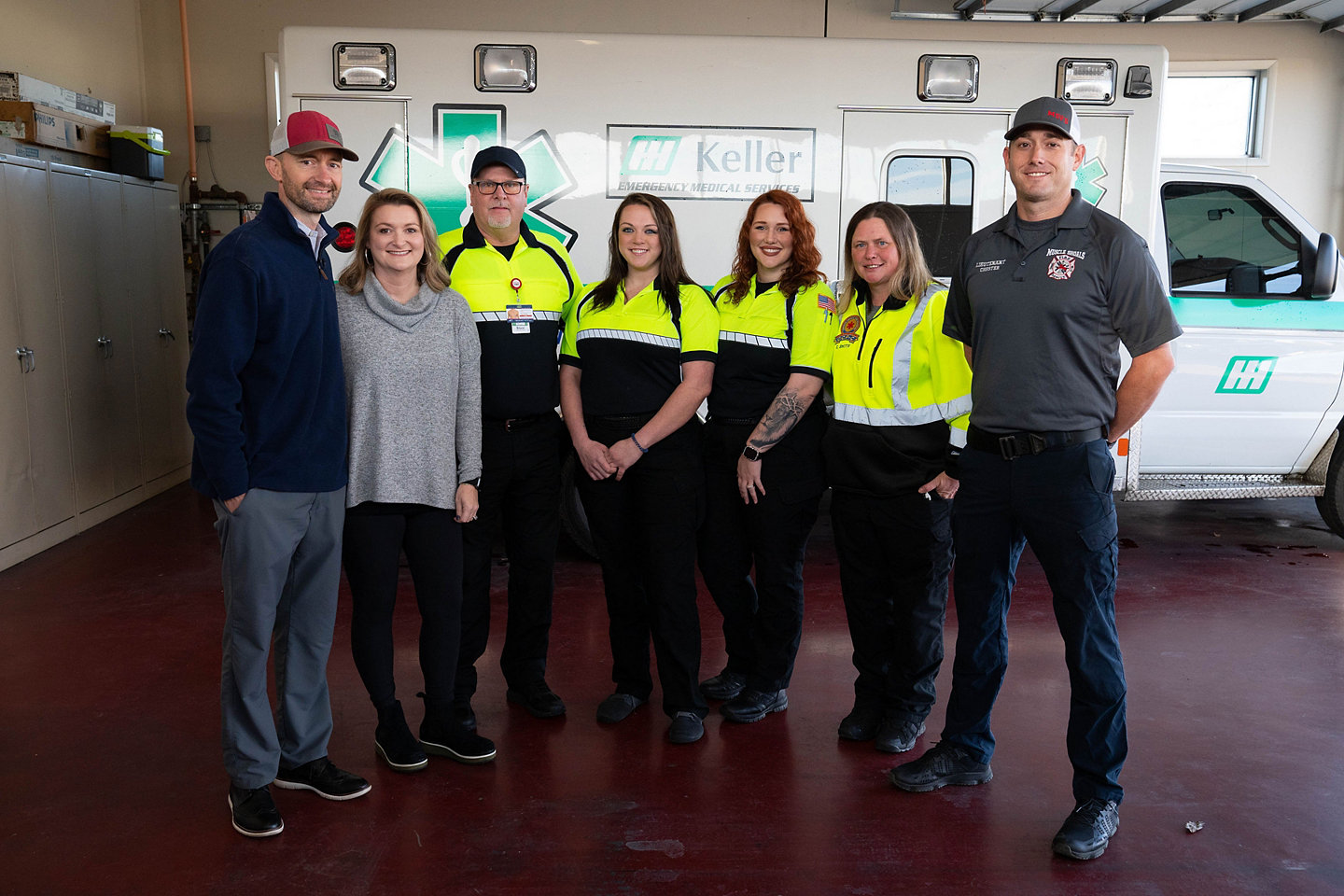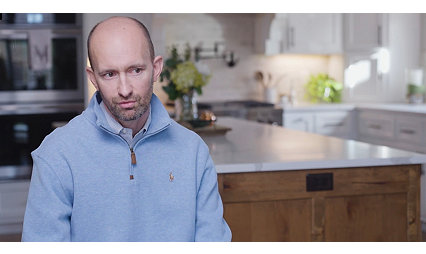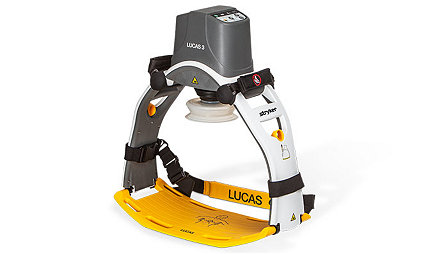Sudden cardiac arrest: It can happen to anyone
07-Feb-2024

2-minute read
On Monday, April 25th, Derrick Mosley went on his routine morning run. It wasn’t long until, Derrick quickly began to feel chest discomfort and pain running down his arm. The pain became intense enough that he cut his run short and returned home. When his wife, Melissa, arrived home from dropping the kids off at school, she immediately recognized the signs of a potential cardiac event and began rushing Derrick to the local hospital. They didn’t make it before disaster struck.
A normal day gone horribly wrong
The Mosley’s are an active family of six from Muscle Shoals, Alabama. With four sons and a love for basketball, the family plays hoops every evening, competing and building memories. Melissa is a registered nurse and works in the nursery at a local hospital and Derrick is a financial advisor. They are your typical, healthy American family. The type of family that would never expect a sudden cardiac arrest event to happen to them.
“I’m not saying I was Lance Armstrong, but we try to eat right,” Derrick said. “We don’t check a single box that would make me a candidate for a massive heart attack.”
Sudden cardiac arrest can strike anyone, anywhere, at any time.
“We pulled out onto Wilson Dam Road, and the chest discomfort was getting more intense,” Derrick recalled. “I remember telling her, ‘You know, if you don’t hurry up, I’m not going to make it.’ I remember there was a truck that almost hit us, and I was like, ‘Watch that truck.’ And that’s the last thing I remember.”
When Melissa looked over and saw her husband, he was red and not breathing. She felt for a pulse and couldn’t feel one. She recognized the signs of a sudden cardiac arrest and immediately pulled over before dragging Derrick out of the car to begin CPR on the side of a busy road.
Help arrives
Melissa performed CPR alone on the side of the road for several minutes before Lt. Ben Chester, an off-duty Muscle Shoals firefighter, pulled over to assist her. Lt. Chester called 911and took over providing CPR to Derrick. Firefighters and EMTs arrived quickly to begin advanced lifesaving efforts.
“(A firefighter) was getting the LUCAS out, we were getting the backboard out, trying to figure out how to get him out of the ditch,” Madison, a paramedic at Keller EMS said. “But I remember Melissa screaming at the top of her lungs that he couldn’t die. That they have four kids, and she can’t live without him.”
During resuscitation efforts, Bruce Carson, Director of Keller EMS remembers Melissa asking repeatedly,
“Does he have a pulse?”
“Does he have a pulse?”
“Does he have a pulse?”
Bruce continues, “Finally, I had to close the door so the team could focus on resuscitating Derrick. I found myself unable to look over [at Melissa].”
With the LUCAS device administering CPR and a defibrillator connected to Derrick’s chest, EMS transported Derrick to the hospital. After several minutes in the emergency department, a paramedic broke away from administering care to Derrick and made their way to Melissa to deliver the news.
Derrick’s pulse had returned.
Recovery
Derrick has since made a full recovery and still enjoys playing basketball with his sons every night after dinner. Melissa’s quick decision making along with the use of the LUCAS device, CPR and a defibrillator all helped save Derrick’s life. With those tools and the incredible help from fire and EMS, Derrick beat the odds. In response to the outpouring of love and support from their community, the Mosley’s created a not-for-profit organization focused on raising funds to purchase LUCAS devices for rural EMS organizations in Alabama.
“What I took away from this experience,” Derrick said, “was that gratitude,
just says it’s enough, I’m enough, you’re enough, we’re enough.
It’s enough that we get to live this life.”
Together, we save lives
Stryker is one of the world’s leading medical technology companies and, together with our customers, we are driven to make healthcare better.
Related
Survivor: Derrick Mosley
After going on a morning run, Derrick began to feel some chest discomfort. His wife, Melissa, a healthcare professional trained in resuscitation, quickly recognized the warning signs of a sudden cardiac arrest. Luckily, an off-duty firefighter pulled over from traffic and began assisting. Soon EMS and Fire/Rescue units arrived to apply a LUCAS.
Learn moreWorkplace and public safety
An AED program is a critical link in the chain of survival of a sudden cardiac arrest, empowering you to deliver lifesaving intervention before first responders arrive. With more than a million AEDs deployed globally, Stryker offers diverse options and deep expertise to help you choose the right device and cost-effectively manage your community AED program.
Learn moreLUCAS 3, v3.1 chest compression system
Deliver high-performance, continuous chest compressions.
Learn moreM0000017753 REV AA



